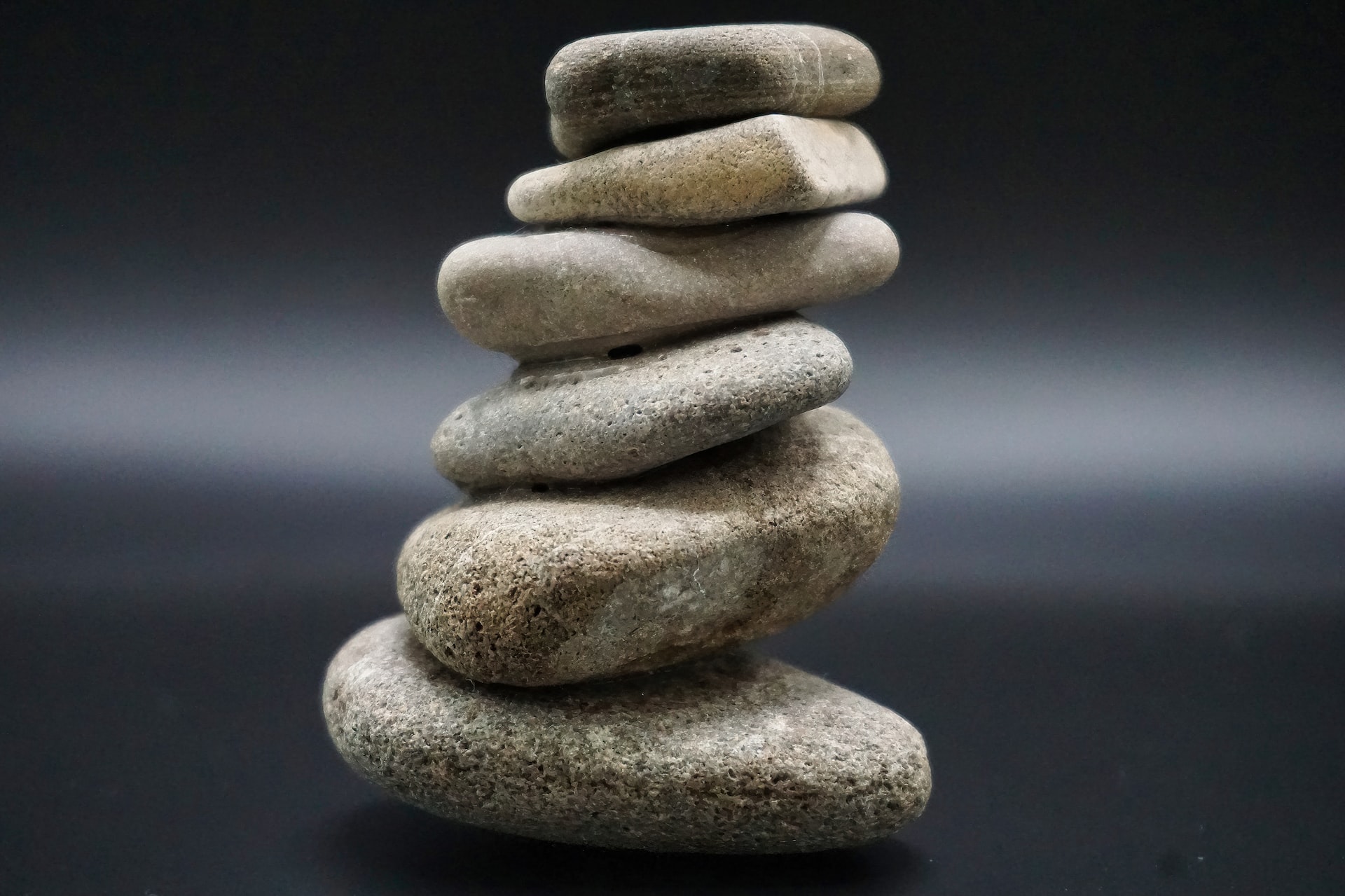
Meditation uses varied techniques to focus the mind on achieving a more heightened sense of awareness. The suggestion is there can be altered consciousness but also the potential for numerous wellness benefits.
When joining a reputed practice like Create Meditation, the activity usually involves relaxing in a sitting position while attempting to focus attention on a present idea with all other thoughts cleared from the mind.
Some people will create a sound to concentrate on, while others will focus on counting or breathing, and others will simply sit silently. The gist is to avoid thinking about new ideas that surface or keeping the mind from following varied thought processes that crop up.
The indication is to enjoy roughly as long as 20 minutes free of distraction, although each person will determine their own time frame, either longer or less, depending on personal preference.
It should be something that you start slowly and extend in length gradually as it becomes easier to maintain. Find out the science-based benefits of meditation at https://www.healthline.com/nutrition/12-benefits-of-meditation/ and then examine more advantages and potential downsides with the practice.
Practices like those offered through Creative Meditation mean to teach individuals to focus their minds on achieving a greater sense of awareness. In so doing, the implication is there is the potential for health benefits and the suggestion of altered consciousness.
It is an “age-old” favored methodology meant to relieve stress for anyone in its varied forms and in some cases, alongside spiritual practices, but it’s fine as a secular exercise; there is no wrong method for meditation.
Individuals who meditate on a regular basis tend to have less stress, a greater sense of relaxation, and the capacity to rid themselves of damaging behaviors, including drugs, alcohol, or smoking habits, not to mention the tendency to ruminate. This problem can make each day challenging.
The research on the practice is ongoing, but the indication is it’s promising, showing the possibility for mental and physical benefits. Some include:
A primary component of meditation is the ability to decrease stress. The body reacts automatically to stress with a “fight or flight” response. Excessive stress or prolonged bouts can result in general physical unwellness.
Meditation reverses the response, restoring a calm over the body to allow repairs and prevention of further effects.
Aside from the stress factor, the physical component is beneficial given the fact that it is less stressful on the body. People with limited physical capacity have little difficulty performing meditation since it requires minimal effort from the body, nor is there a need for specific equipment.

No personal trainer or professional guidance is required, the practice is accessible to anyone who wishes to participate, and everyone from all walks of life has the capacity to do so. There are varied forms to satisfy particular needs and specific circumstances.
Many guided meditation programs are available online if you’re unsure how to start or what to do, specifically if you’re new to the practice. You can also join classes to participate in a group with peers and a leader if that’s more appealing and suits your situation.
It’s also ideal for creating space wherever you choose, anytime you want to practice, because meditation is always available. Base your program on research from others you’ve watched or listened to, and then establish a practice based on that research.
While meditation is a favored tool and can be exceptionally advantageous for many people, you must become informed before starting. Go here for dos and don’ts for those new to meditation. Some things to be aware of:
In order to make meditation a regular habit, the practice takes exceptional commitment and discipline. For some people achieving that pattern within themself is more challenging than joining a group activity or if other people were helping to keep them accountable.
Suppose that seems like the situation you find yourself in. In that case, a group session might be the ideal setting for your practice with someone guiding and thereby keeping everyone accountable for consistency in their practice.
The priority with meditation is to clear the mind of all thoughts except for the present moment and allow yourself to focus on one central idea. That takes time to be able to master that feat.
This is why the suggestion is to start with meditating slowly and lengthen the process gradually as you become more capable of the practice.
A method to help you learn to focus in the moment is to journal out the thoughts from the day to prevent the potential for ruminating. That can ruin not only the process of meditating but can interfere with your daily routine, attempting to sleep, and many different aspects of your lifestyle.
You can also employ physical exercise, another activity that helps to distract the mind from consistent thoughts popping into the mind.
Don’t feel concerned if your mind begins to wander when indulging with a reputable practice like that offered through Creative Meditation. The fact that you are aware of it wandering is the important thing. Meditation is not easy for everyone, especially those who are somewhat perfectionists.
Sometimes people want to ensure they’re doing everything just right and then become irritated when their mind starts to drift in other directions. The fact that you’re aware of the drifting means you’re noticing and can redirect it where it needs to be, refocus.
That can be back to your breathing, concentrating on the present moment, or the thing you’re attempting to concentrate on. That’s the point of the practice. Preventing your mind entirely from wandering is virtually impossible.
It’s not easy to stay in the present moment, not even for seasoned pros practicing. There’s no right or wrong way, only your best and what makes you feel good.
